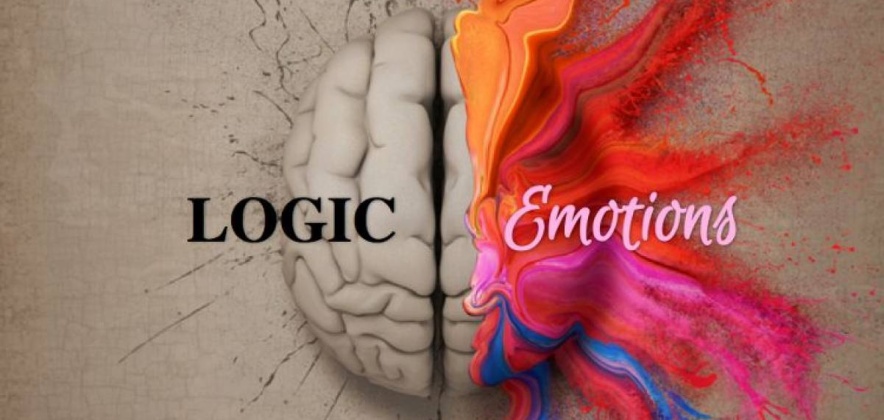
In recent years, increasing attention has been paid to the so-called "non-cognitive skills" in relation to learning processes and the role they play in people's personal and professional lives. This led to the bill no. 2493 on the introduction of the development of non-cognitive skills in the pathways of educational institutions and provincial centers for adult education, as well as in vocational education and training paths which was approved by the Chamber of Deputies on 11 January 2022. It is not easy to give a well-defined definition of non-cognitive skills, because they also find their genesis in personal skills and attitudes related to emotional intelligence. Starting from the interaction between non-cognitive skills and emotional intelligence, it can be said that all transversal skills and in particular intra-personal skills (self-awareness and management, motivation, self-esteem and resilience) and relational skills (empathy, management of conflict, communication) strongly characterize the person's learning and training process. The law itself, in fact, aims to develop "skills such as flexibility, creativity, problem solving skills, judgment, argumentation and interaction skills". As Castoldi argues, reducing the distance between scholastic knowledge and real knowledge can favor more effective and shared educational practices, both for teachers and for students (Castoldi, 2021).
 Classified "A" by ANVUR in the fields 11/D1, 11/D2 Scientific in the field 14.
Classified "A" by ANVUR in the fields 11/D1, 11/D2 Scientific in the field 14.




